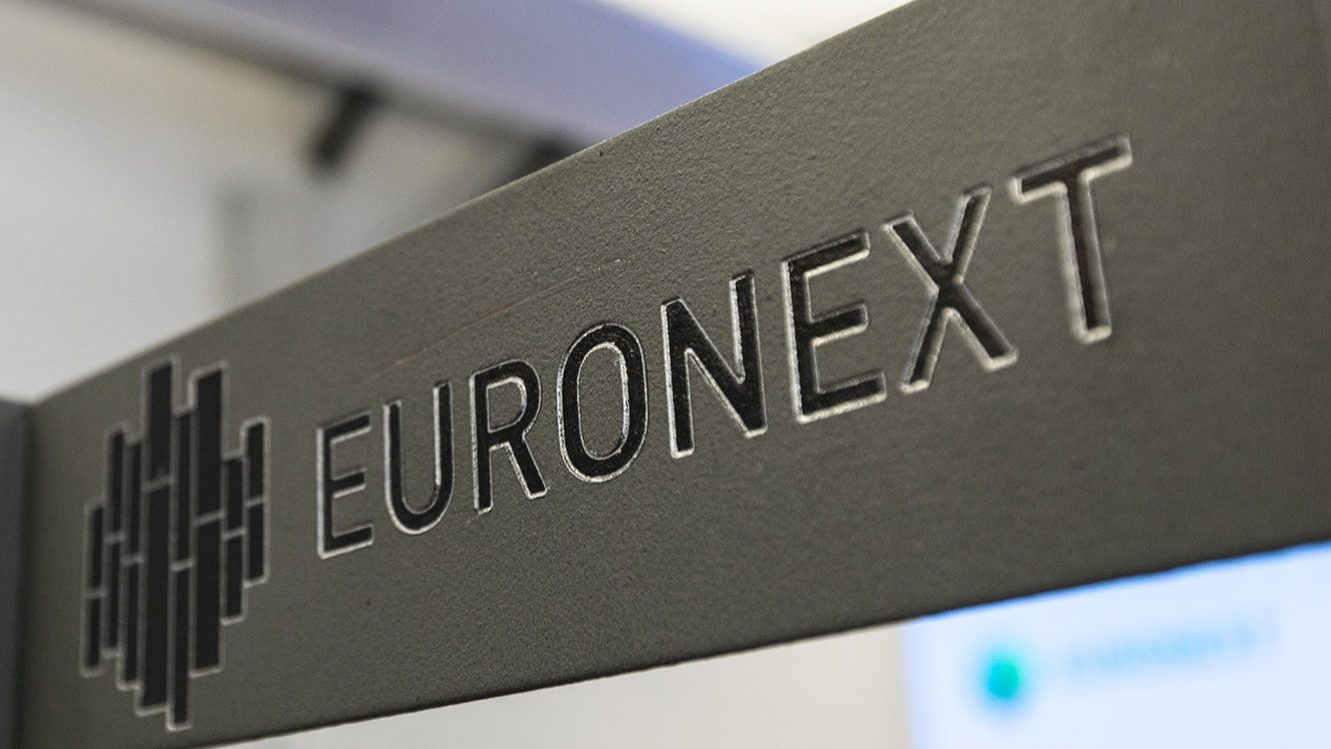Government wants to change its capital gains tax regime
The tax regime for capital gains on the stock exchange is suppose to fall from 28% to 22% for those holding securities for between five and eight years.
The Portuguese government is preparing changes to the taxation regime for capital gains on the stock exchange. The idea is to benefit investors and savers who hold securities for longer through a reduction in the tax payable on gains, according to information gathered by ECO.
The intent is to make a tax distinction between short-term capital gains and medium- and long-term capital gains, making the capital market more attractive as a long-term savings instrument. Currently, capital gains on securities pay a 28% personal income tax. However, stock market gains may be reduced if taxpayers subject to lower withholding rates opt for aggregation.
What changes are in sight? Those who hold securities (whether a share or bond) for a period of between five and eight years will see the rate of capital gains fall to 22%, a six percentage points reduction concerning the general tax regime. The tax cut will be higher for capital gains on securities held for over eight years, to which a rate of 11% will apply.
In September, the finance minister had already lifted the veil somewhat on the changes that were in the pipeline.
“Benefiting from inputs from a broad base of stakeholders within a working group promoted by the government, it is expected that we will soon be able to present a set of measures that will support the market and long-term savings in Portugal,” Fernando Medina announced at a Securities Market Commission event. Contacted, but the finance ministry did not respond by the time this article was published.
Meanwhile, the State Budget for 2023 was presented last month with no news on this subject.


